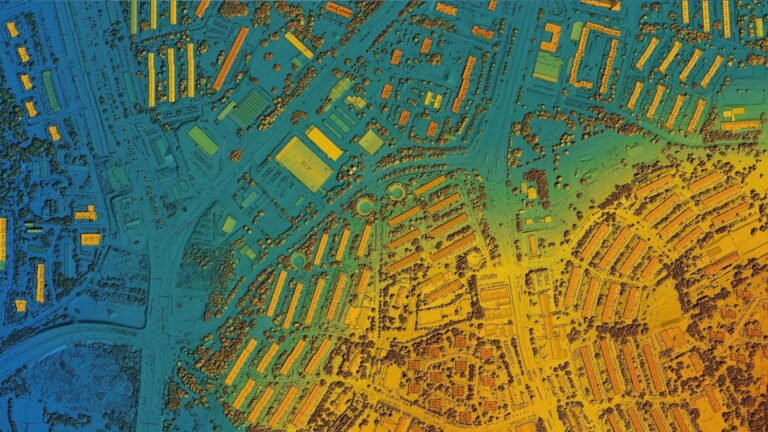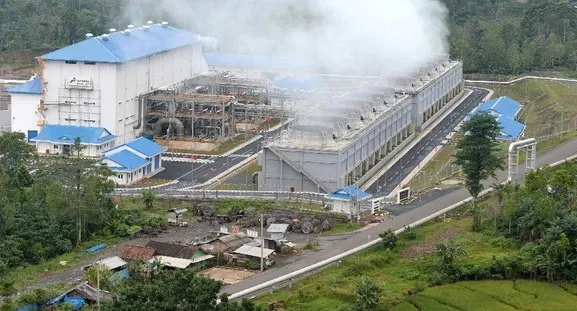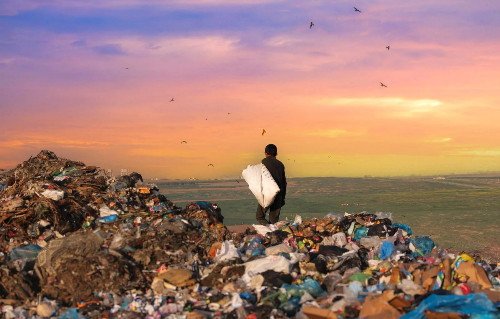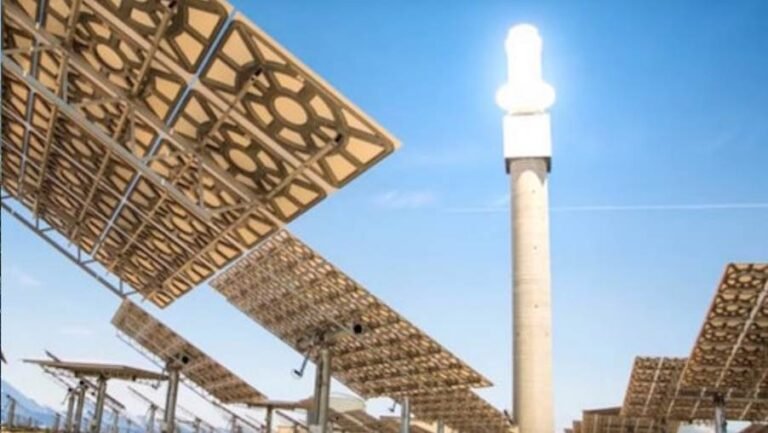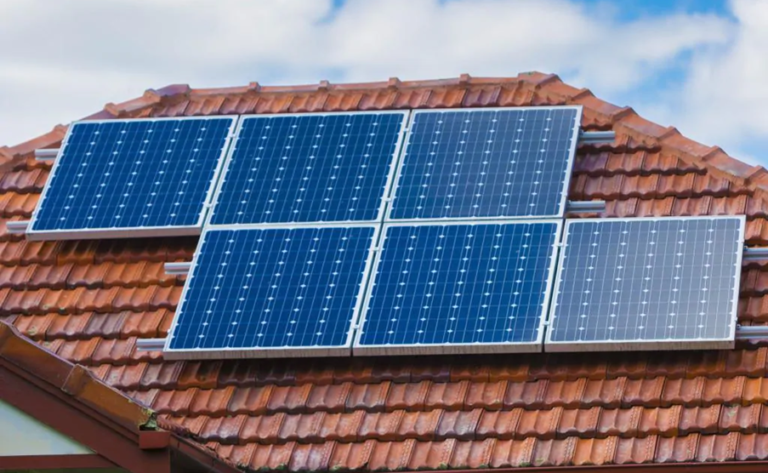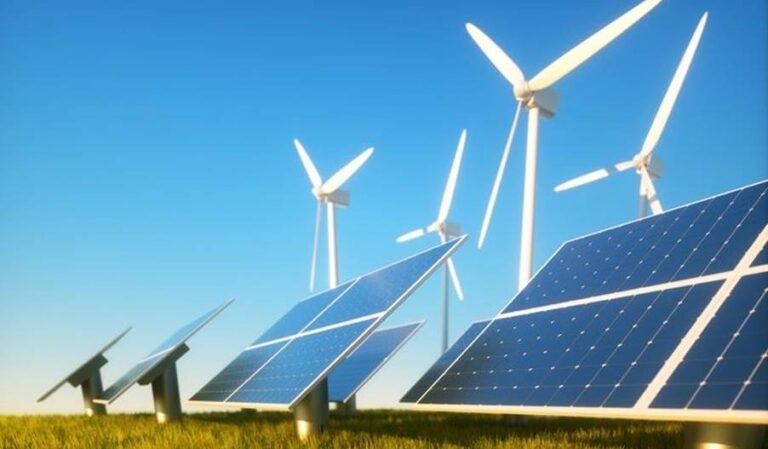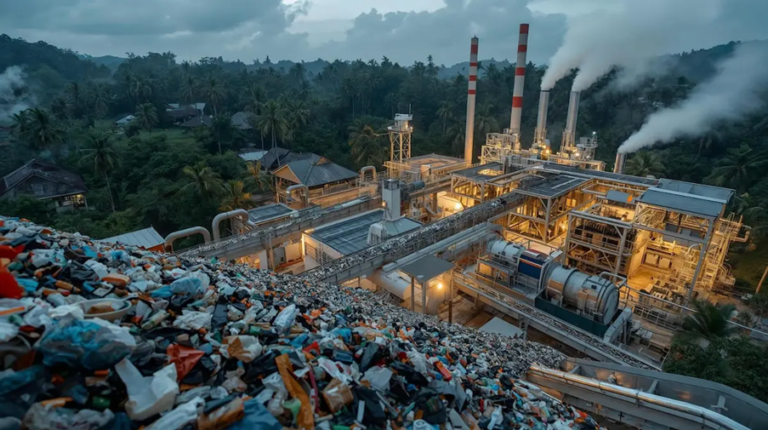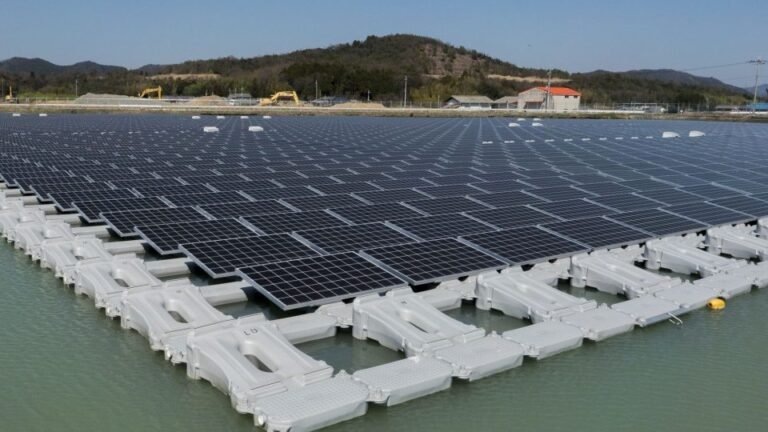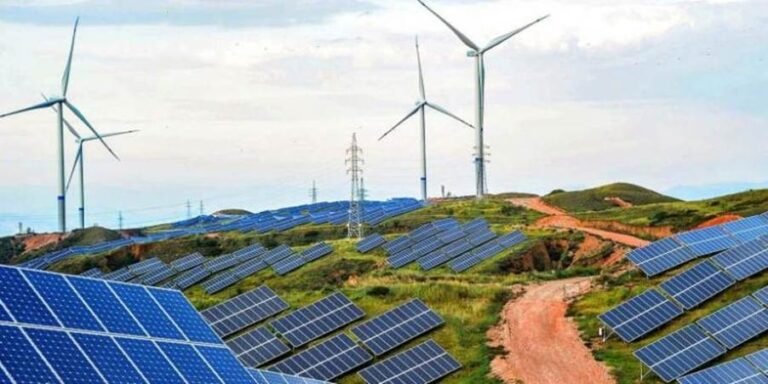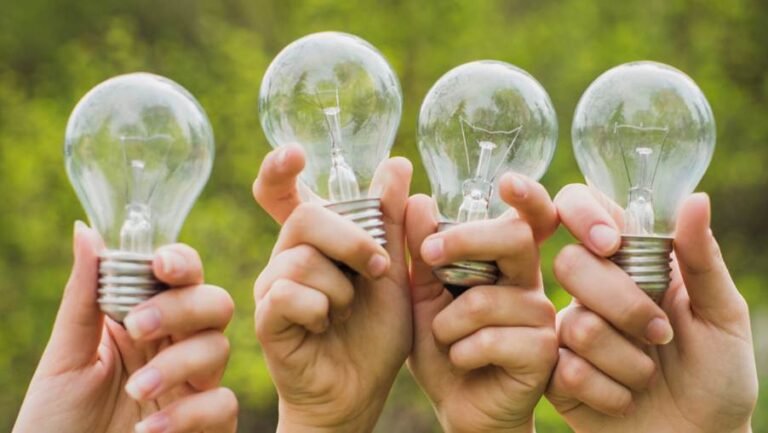
- The Hydropower Potential of Central Java
- Enhanced Energy Security
- Environmentally Friendly Energy Generation
Sustainable development is a global imperative, and regions like Central Java increasingly use alternative energy sources to fuel their economic growth while preserving the environment. Small-scale hydropower is a potent solution to this challenge, offering various benefits that can catalyze the region’s progress. In this article, we will explore the significant impact of small-scale hydropower in Central Java’s development, focusing on its role in enhancing energy security, promoting environmental sustainability, and fostering socio-economic advancement.
Harnessing the Power of Water
Central Java’s unique geographical features, characterized by rivers and waterways, have paved the way for the harnessing of hydropower. Small-scale hydropower projects capitalize on these natural resources by tapping into the energy potential of flowing or falling water. These projects typically involve the construction of micro or mini hydropower plants, which produce electricity through turbines powered by the kinetic energy of water. As Central Java boasts an abundance of rivers, streams, and waterfalls, small-scale hydropower offers a locally available and renewable energy source that can significantly contribute to the region’s energy mix.
Baca Juga:
- Unveiling the Power: Advantages of Hydropower in Indonesia
- Reservoirs and Hydropower in Indonesia: Beauty and Recreation Combined
Enhanced Energy Security

One of the most significant advantages of small-scale hydropower is its role in bolstering energy security. Traditional energy sources such as fossil fuels are often imported from distant locations, making Central Java’s energy infrastructure vulnerable to price fluctuations and supply disruptions. By developing small-scale hydropower projects, the region can reduce its dependence on external energy sources and enhance energy self-sufficiency. Water flow’s consistent and reliable nature ensures a stable electricity supply, mitigating the risks associated with power shortages and blackouts.
Environmentally Friendly Energy Generation
Small-scale hydropower stands out as an environmentally friendly energy generation option. Unlike fossil fuels, it produces minimal greenhouse gas emissions, contributing to the reduction of carbon footprints. Hydropower plants have a relatively small physical footprint, making them less intrusive on local ecosystems than large-scale dams. By opting for sustainable hydropower, Central Java can make significant strides toward meeting its climate change commitments, fostering a greener and more sustainable future for future generations.
Socio-Economic Advantages

The adoption of small-scale hydropower can yield numerous socio-economic benefits for Central Java. Firstly, developing hydropower projects creates employment opportunities, ranging from skilled labor required for plant construction to ongoing operational and maintenance positions. These job opportunities can help alleviate unemployment and boost the local economy.
Baca Juga:
- Indonesia’s Largest Hydropower Plant: Powering the Future
- Unleashing Indonesia’s Hydro Potential: Harnessing the Power of Water for a Sustainable Energy Future
Moreover, the electrification made possible by small-scale hydropower can transform the lives of rural communities. Access to reliable electricity enhances education, healthcare, and overall quality of life. It enables schools to have better lighting and technological resources, healthcare centers to operate efficiently, and businesses to flourish. Additionally, electrification enables the adoption of modern agricultural practices, empowering farmers with access to irrigation systems and other essential technologies that can improve crop yields and productivity.
Fostering Regional Development and Resilience
The development of small-scale hydropower projects can catalyze regional development in Central Java. As local communities access electricity, they become more attractive for investments and economic activities. This, in turn, can drive infrastructural growth, such as improved roads and communication networks, further enhancing the region’s development.
Furthermore, hydropower projects can contribute to disaster resilience. In an era where climate-related disasters are becoming more frequent and severe, small-scale hydropower can serve as a decentralized energy solution that remains less susceptible to natural calamities like earthquakes or storms. Such decentralization ensures that energy access remains intact even during emergencies, fostering resilience in crises.
The conclusion is the significance of small-scale hydropower in Central Java’s development cannot be overstated. With its potential to enhance energy security, promote environmental sustainability, and foster socio-economic advancement, it represents a key pillar in the region’s pursuit of a sustainable future. Through strategic planning, collaboration between stakeholders, and a commitment to sustainable practices, Central Java can unlock the full potential of small-scale hydropower and pave the way for a brighter, greener, and more prosperous future for its inhabitants. As the world transitions towards cleaner and more sustainable energy sources, the embracing small-scale hydropower is a vital step in the right direction.
#zonaebt #sebarterbarukan #ebtheroes
Editor: Annisa Nur Fissilmi Kaffah
References:
[1] Daftar pembangkit listrik di Indonesia
[2] Potensi Energi Terbarukan di Jateng
[3] Jateng Manfaatkan 20 PLTA dan PLTS untuk Menghemat Biaya Listrik

